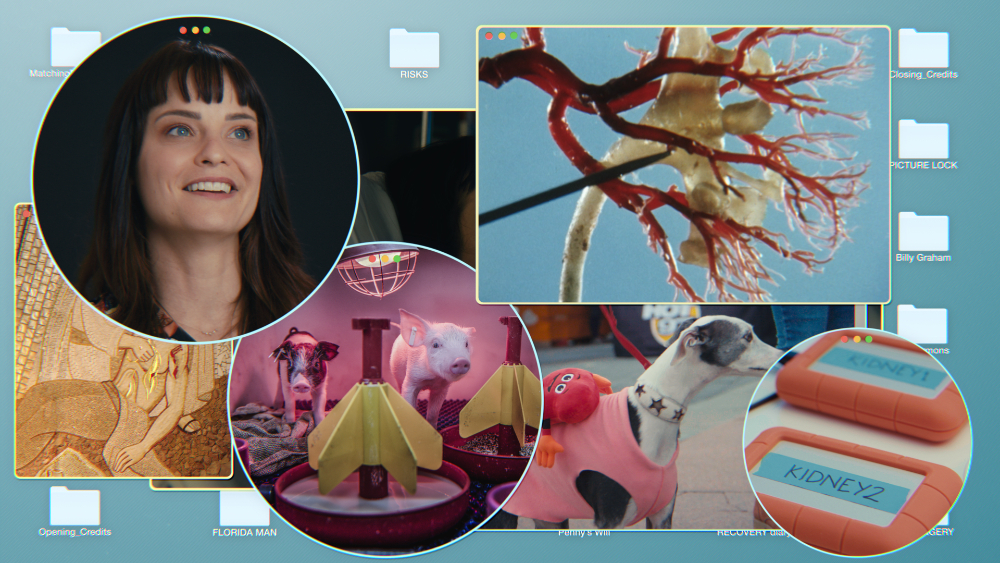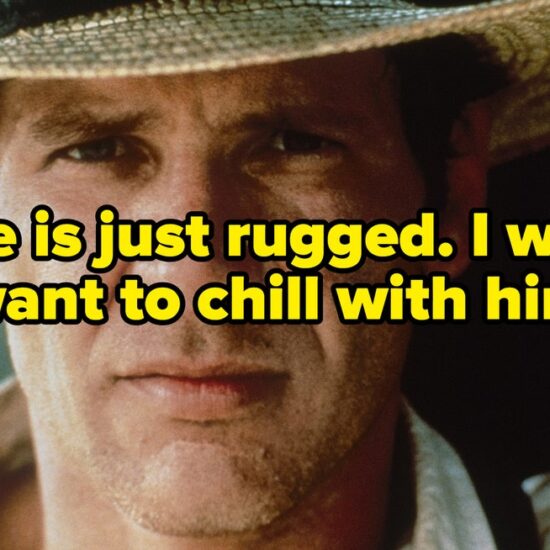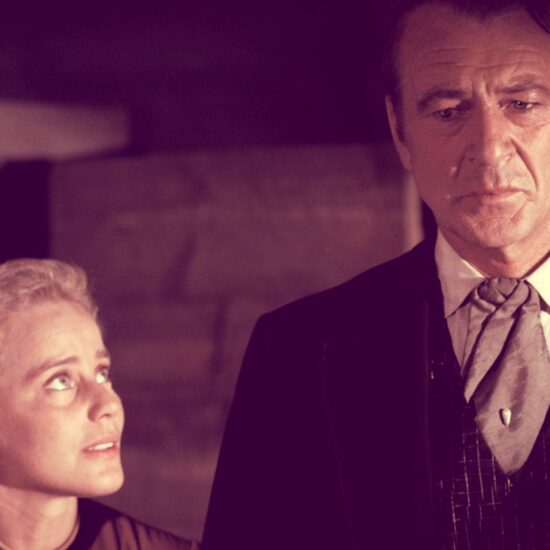
Filmmaker Penny Lane (“Listening to Kenny G”) is known for her insightful, thought-provoking, humorous documentaries. But her most recent docu, “Confessions of a Good Samaritan,” is her most personal to date. In 2019 the director decided to become a Good Samaritan organ donor – a term given to a person who donates a kidney to a stranger, someone she’s never met and never will meet. Beyond giving away one of her organs, Lane decided to document the process. The result is a funny, intimate, and provocative quest to understand why everyone seems to think Lane is crazy to give away a kidney even though more than 100,000 people in the U.S. are awaiting lifesaving organ transplants. In the docu from Sandbox Films, Lane sets off on a quest to understand the science of altruism, the ethical controversies surrounding organ donation, and her own motivations for giving away her kidney.
Variety spoke with Lane about “Confessions of a Good Samaritan,” which premieres at SXSW on March 10.
In the beginning of this doc, you make it clear that you did not donate an organ so you could make a film about it. Instead, you made yourself the subject of “Confessions of a Good Samaritan” in the hopes that it might lead other people to donate an organ. Yet you say that this is not an advocacy film or a “call to action” documentary. Why not?
If you wanted to make an advertisement for organ donation, I don’t think filming a person like me who finds surgery extremely terrifying and then gets like really depressed afterward is the best route. I do believe that if more people knew about it, I feel pretty certain that more people would feel the way I did (and want to donate a kidney). Nobody tried to convince me to do it. I just heard about it and was moved to do donate. So, I hope people will watch the film and feel motivated or inspired to consider organ donation, but the film isn’t designed to convince anybody.
You make it clear that you are uncomfortable in front of the camera. Was there ever a moment when you wanted to quit making the film?
There was never a moment where I didn’t feel that way. But I genuinely felt like it was like “Confessions of a Good Samaritan” was like a calling, as if it chose me. In this way, the experience of making the film was similar to the experience of donating my kidney. Not exactly fun, definitely difficult, but ultimately rewarding, and the most important spiritual experience I have ever had.
The doc is very personal and at some moments feels like a film less about organ donation than a film about loneliness and connection. Does that ring true to you at all?
One hundred percent. Ultimately this isn’t about me and my life and like the arc of my life. That’s not really the angle. It’s much more of a personal essay where I’m the seeker, and I’m going on this intellectual, emotional, spiritual journey into this topic and through this experience, but in a way, that’s meant to illuminate the subject matter, not ultimately illuminate me.
In all of your films including this one, the people you interview are not only informative but often times very funny. Do you spend a lot of time finding interviewees?
No one ever talks about casting in documentaries, but it’s a huge part of what we do. I knew I didn’t want a hundred talking heads. I really dislike that style of filmmaking where it’s just one person after another, and they go by so fast and you don’t really know who they are or what their connection to the subject matter is. So, I knew I wanted a small number of people, so the casting became really important and took a while.
Despite the subject matter, “Confessions of a Good Samaritan” has many humorous parts. All of your movies do. Do you go into each film determined to make people laugh?
I’m kind of a provocative filmmaker. I’m trying to provoke something, so if you’re going do that you have got to do it with a smile. I mean, it’s just like in a conversation. If you are doing that to someone during a conversation without smiling, they are not going to like you very much. I think that they are going to resist whatever it is you are saying. If you’re laughing and you’re smiling, and you know that the person speaking to you is laughing and smiling, then a lot more feels possible in terms of perhaps changing your mind or considering a point of view you hadn’t considered before. So, if there is a strategy to it, I think that’s what it is. But it’s never conscious. I just like to laugh and have fun and so that is the way that the films come out.
Now that you have been the subject of a documentary, has it changed the way you look at the people who have been the subjects of your past docs?
In fiction, character development is a pretty major topic, but in docs, we tend not to talk about it that way because we just sort of think, ‘Well, I’ve found a real person, and I’m going to represent them as they really are.’ And of course, you do, but you’re also making like a lot of choices about where you are interviewing them. What does the lighting look like? What kind of camera angles are you using? What are you asking them? How are you editing them? There are so many things that you’re doing to craft character. So, long story short, now I feel the weirdness of watching yourself get turned into a persona or a character, and it has made me feel more empathy for my subjects.
Not that I didn’t before, but man, it’s so strange.













